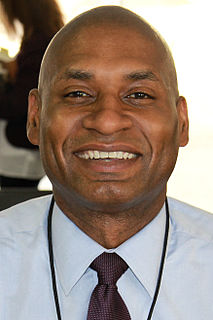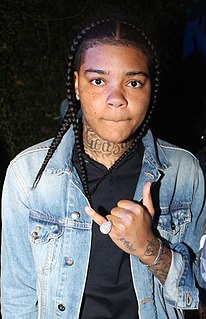A Quote by Fred Armisen
There are people who are genetically made to start record labels, and I'm not one of those people. People just have it in their blood and are good at it. Corey Rusk from Touch and Go and Ian MacKaye. These are people who have made their own labels.
Quote Topics
Related Quotes
I'm confused that there is a lack of faith in listening to and deciding what is a great song and instead going for these formulaic, bad songs over and over again. But that's what happened when people from beverage companies bought record labels and radio stations as opposed to people who love music owning record labels.
All identity labels are umbrella terms to some degree, but this term 'bisexual' is not only serviceable, but it is sufficient. And yes, it brings together a bunch of people who are maybe shades different from one another. And maybe that's the beauty of labels: that they force you to be with other people and see the difference.
Maybe when the President tells you that you should be afraid of Mexicans or Muslims or Jews or black people or gay people or trans people, you'll realize that those are just labels, that underneath it all we're all the same people, we all have the same aspirations, the same hopes, the same desires, that we all share the same values.


































